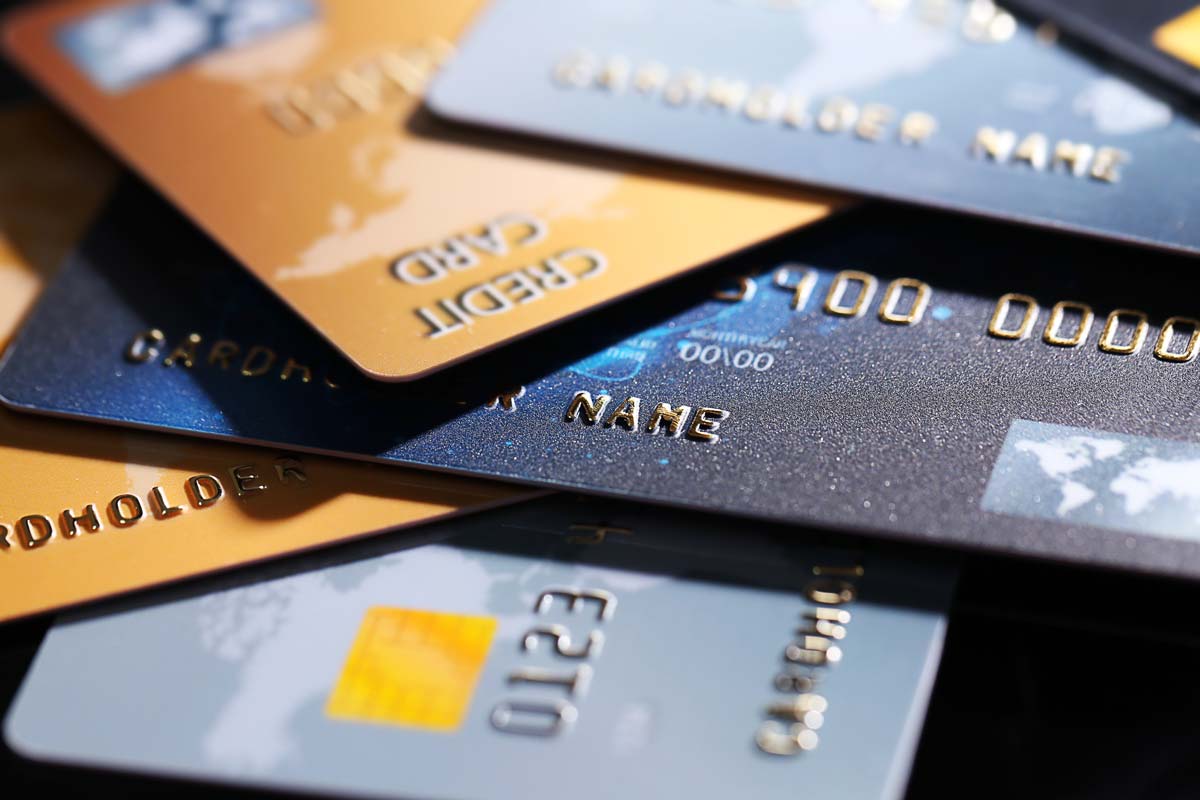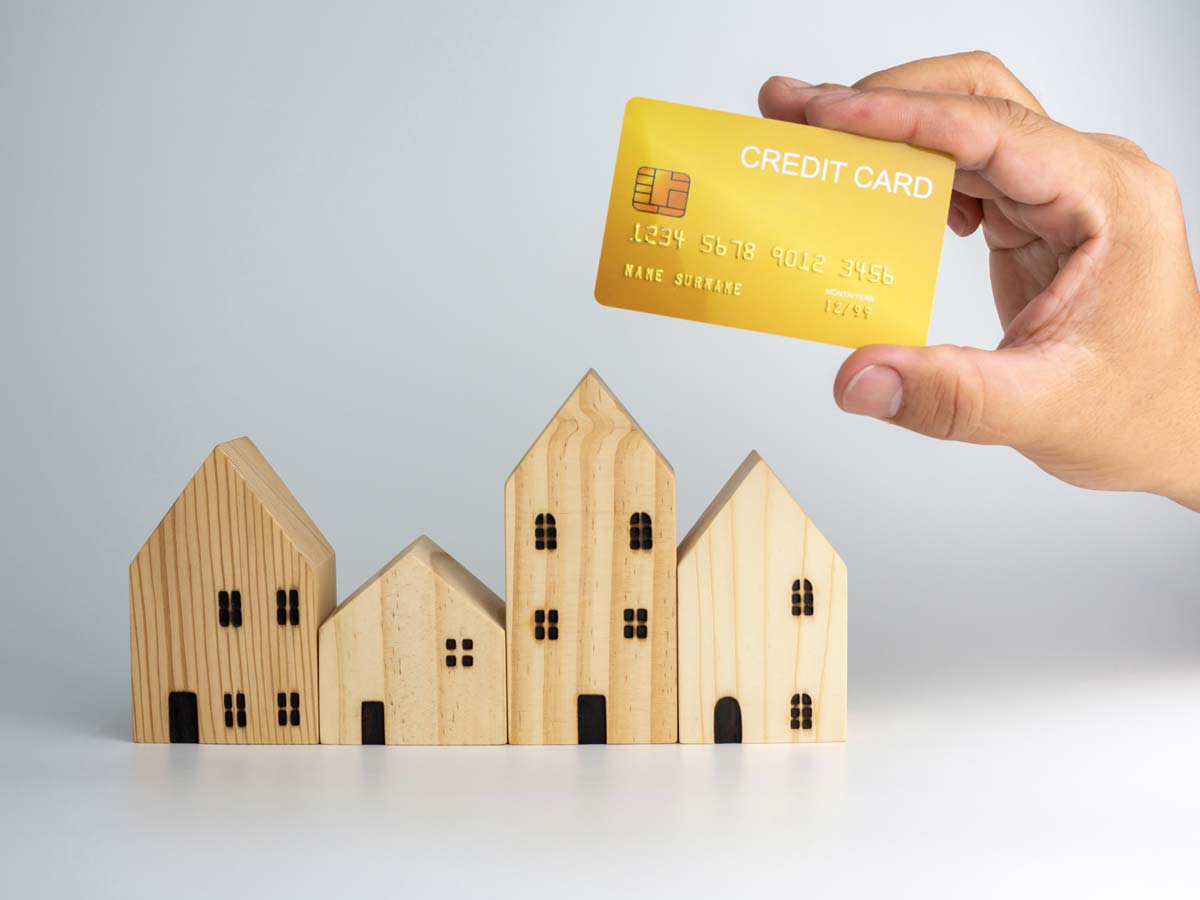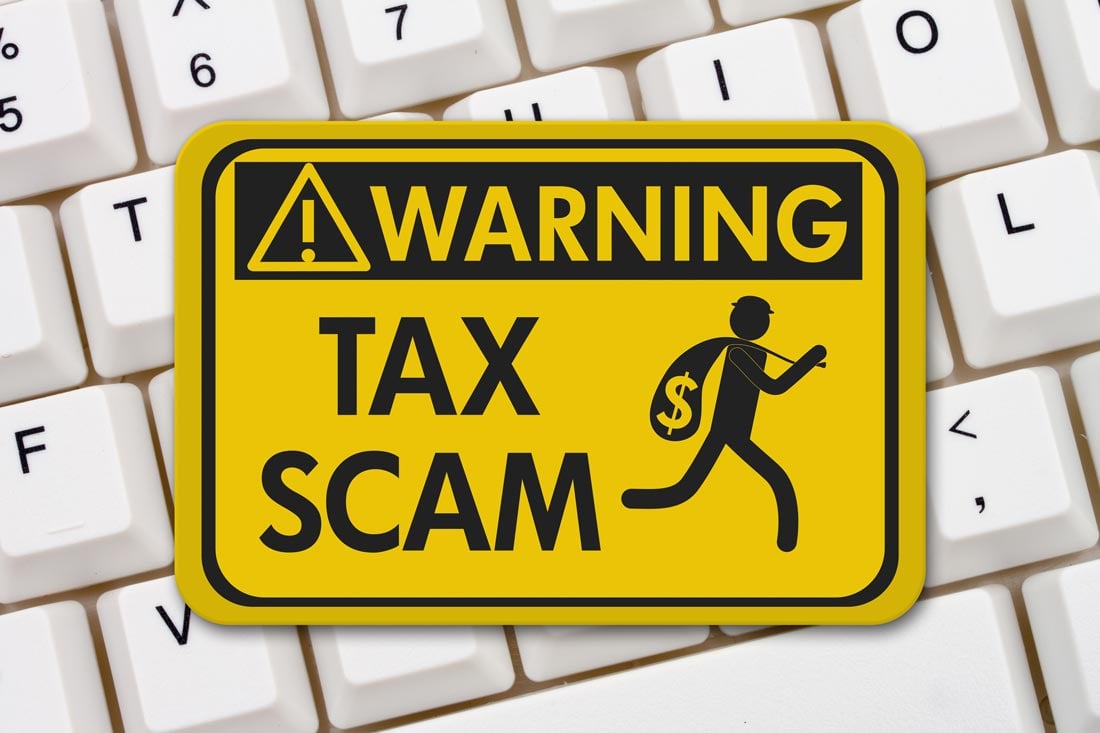Choosing a credit card can be a big financial step. This guide will help you understand how unsecured credit cards work and how they vary from a secured credit card to help you as you begin your search for a new credit card.
What is an Unsecured Credit Card?
An unsecured credit card is a credit card that doesn’t require any type of collateral to secure the debt on the card. This is the most common type of credit card for people to get, with a variety of options available for different credit scores and an assortment of potential perks and rewards.
How Unsecured Credit Cards Work
An unsecured credit card is a revolving line of credit and offers the ability to borrow funds up to a set limit. The borrower is then responsible to pay back those funds to the lender, typically with a monthly billing cycle that has a required minimum monthly payment. In exchange for allowing the funds to be borrower, the financial institution will charge interest on the unpaid balance of the line of credit.
Borrowers must apply with a financial institution to get a credit card and the terms of the credit card, including the interest rate and limits, are determined by the borrower’s credit score and history, income, and a variety of other factors. Some cards will require annual fees, while others may offer special rewards and points.
Differences Between Secured and Unsecured Credit Cards
As has been mentioned, unsecured credit cards don’t require a collateral cash deposit. Because there isn’t collateral for the line of credit, this increases the risk to the lender, and you may find that the interest rates may be higher than those on a secured credit card. This type of credit card requires an application and can be denied based on credit history, so it can be more difficult for those with a lower credit score to be approved. A major perk of these cards is that borrower may find much higher borrowing limits and can browse for cards that offer great rewards for using them.
Secured loans require collateral, this is in the form of a cash deposit to secure those funds in case the borrower defaults on their payments. This allows the borrower to essentially fund their own credit card, limiting the risk to the lender. These cards typically will have lower limits, since they must be backed by the cash deposit, may have more fees than unsecured credit cards, and typically won’t offer any rewards. A secured credit card can be a great option for someone who has a low credit score or no credit history and can provide a great opportunity to build up credit.
If you're looking for more information about credit cards, check out this helpful guide to help you understand how to utilize your credit card responsibly.



